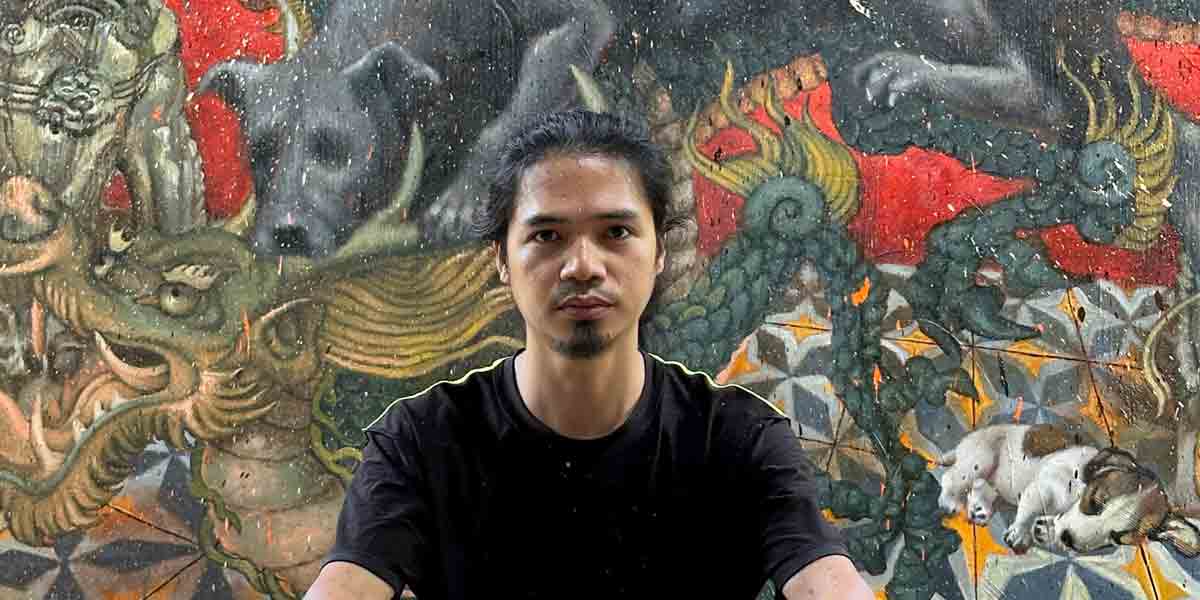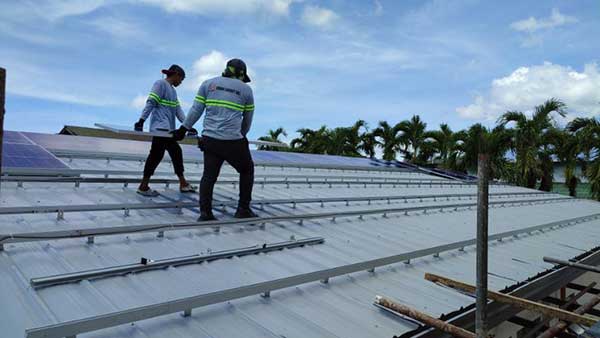Rural health units in Romblon now have a more reliable power supply thanks to solar panels donated by the World Health Organization (WHO), the European Union (EU), and the United States Agency for International Development (USAID).
The donation aims to address frequent power outages that have disrupted medical services in the island province.
The handover ceremony, held on September 11, was attended by key officials, including WHO Philippines Technical Officer Engineer Bonifacio Magtibay, Romblon Provincial Health Officer Dr. Winston Palasi, and local government representatives from Cajidiocan, Magdiwang, and San Fernando.
“A reliable electricity supply is not just a convenience—it is essential for health security,” said USAID Philippines Health Office Director Andrea Halverson in a recorded message.
“It’s about ensuring that vital services remain uninterrupted, especially in times of crisis.”
The solar panels were installed in rural health units that collectively serve up to 480 patients monthly.
These units play a crucial role in providing healthcare to communities often affected by power outages.
With the new solar power systems, health workers can now ensure the safe storage of vaccines and medicines, improve childbirth safety at night, and better sterilize medical equipment.
Local leaders welcomed the initiative, emphasizing its long-term impact on healthcare.
“With our support and commitment of the local government units, the operation, expansion, and maintenance of these facilities are now in good hands,” said Dr. Rui Paulo de Jesus, WHO Representative to the Philippines.
The donation is part of a broader collaboration between USAID, the EU, and WHO to enhance the Philippines’ ability to combat emerging and re-emerging infectious diseases.
The solar-powered health units will be better equipped to provide uninterrupted care, especially during emergencies and natural disasters, which often impact the power supply in remote areas.
In addition to Romblon, other rural health units across the Philippines face similar challenges.
Access to sustainable energy solutions like solar power is seen as a critical step in improving healthcare delivery in underserved regions, particularly in the context of climate change and the increasing frequency of natural disasters in the country.
The solar panels are expected to reduce reliance on traditional electricity sources, which are often unreliable in island provinces.
By powering essential medical devices and ensuring stable vaccine storage, the donation helps safeguard public health in these vulnerable communities.






















